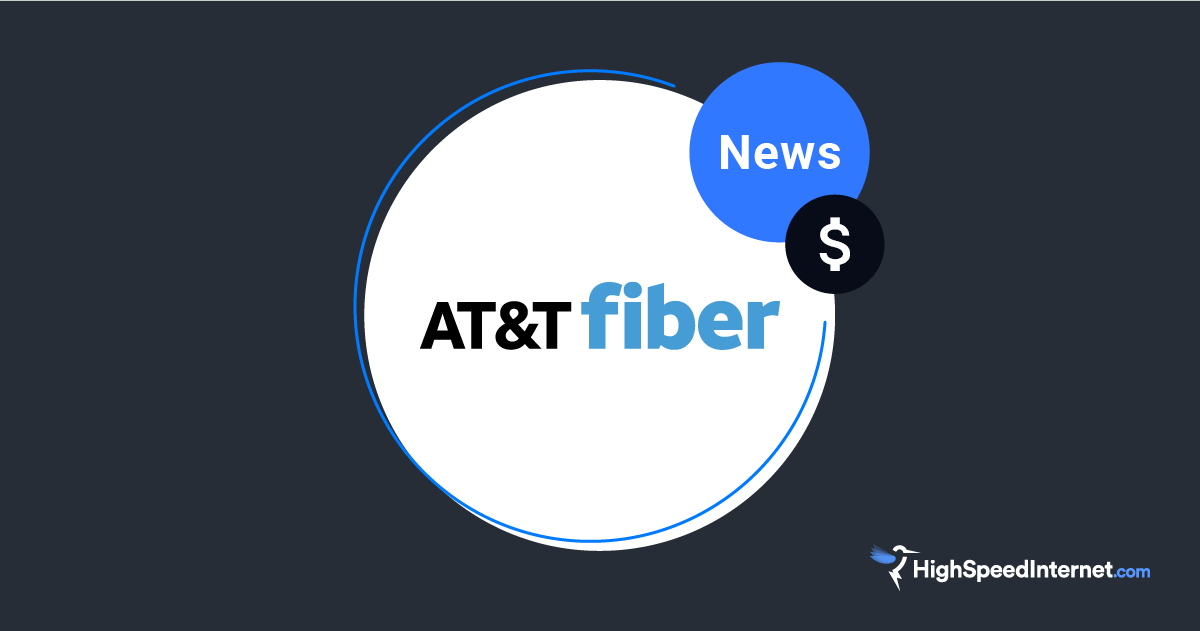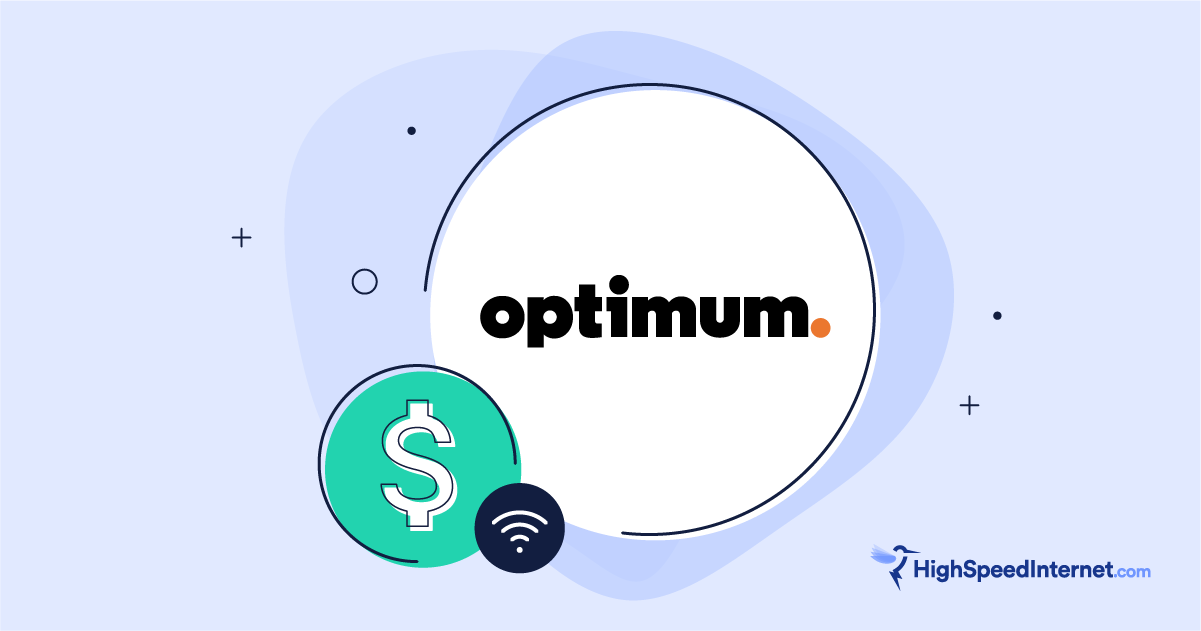New York Law Mandates $15 Broadband
As the ACP nears its end, New York’s Affordable Broadband Act is picking up the slack
Apr 30, 2024 | Share
FAQ, News
Last Friday, a federal appeals court overturned the block of New York’s Affordable Broadband Act (ABA), which requires internet providers to offer $15 broadband plans to low-income households. This ruling comes on the heels of the FCC restoring net neutrality protections and just days before the Affordable Connectivity Program (ACP) runs out of funds.
What is the New York Affordable Broadband Act?
The Affordable Broadband Act (ABA) was passed in April 2021, just a year after the first wave of the COVID-19 pandemic, which hit New York harder than anywhere else in the US. At this time, the Affordable Connectivity Program (ACP) and its predecessor, the Emergency Broadband Benefit, was starting to get toward the end of its lifespan.
With the memory of lockdowns still fresh in people’s minds, New York state passed the ABA, which was touted as “first-in-the-nation” legislation and a key issue in the fight for universal broadband. The law requires internet service providers (ISPs) to offer internet plans to low-income households at $15 for 25Mbps or $20 for 200Mbps. The law also came with a number of other private-public partnerships to get internet access to students who needed it as soon as possible.
Why was the ABA blocked?
Unsurprisingly, this law was immediately challenged by lobbying groups representing ISPs on the claim that New York was seeking to regulate broadband rates in an attempt to preempt federal law. Specifically, these groups argued that because in 2017 the FCC under Ajit Pai had reclassified internet service when it repealed net neutrality protections, the state didn’t have the consumer protection powers to enforce the new law.
The broadband industry won a preliminary injunction against the law a few weeks later, before the required rates went into effect. A judge in the US District Court for the Eastern District of New York ruled that the ABA was rate regulation, which can only be enforced on common carriers (which would have applied to ISPs before the FCC’s 2017 reclassification), and that it was preempted federal law by being a “broad scheme” for regulation of interstate service.
Now, almost three years later, the US Court of Appeals for the 2nd Circuit reversed the previous ruling and vacated the injunction, allowing the ABA to move forward.
What does this mean for New Yorkers and for the rest of us?
It’s not entirely clear what the immediate effects of this ruling will be for internet access in New York. The original law mandated that ISPs had to begin offering these $15 plans no later than June 15, 2021, though this timeline was put on hold just days before by the preliminary injunction. Although it would be poetic justice to simply start the countdown where we left off, I expect that ISPs will be given more than three days to comply with the new state law.
It also comes at a rather opportune time, as the ACP reaches the end of its last fully-funded month. Nearly 1.8 million New Yorkers relied on the ACP for their monthly internet bill and will face losing their internet connections if they can’t fit increased costs into their budget. Although a $15 internet plan isn’t as easy to budget as a plan fully paid for by the ACP, it’s still much better than paying full price, which Governor Cuomo estimated at more than $50 at the time the bill was passed.
It’s also important to note that a lot has changed in the last four years. New York has a new governor and many new state senators. The FCC’s definition of broadband has also changed, increasing the bar from 25Mbps to 100Mbps. Does it even make sense to enforce the $15 plans for 25Mbps in 2024? The original law required the state to review broadband speeds within two years, so some updates are long overdue.
Regardless, this ruling is a big win for consumers. It reaffirms states’ ability to enact consumer protection laws, even when federal agencies like the FCC drop the ball. And with the ACP set to run out of funding in mere days, lots of other states might be interested in imposing similar requirements on ISPs.
Author - Peter Christiansen
Peter Christiansen writes about telecom policy, communications infrastructure, satellite internet, and rural connectivity for HighSpeedInternet.com. Peter holds a PhD in communication from the University of Utah and has been working in tech for over 15 years as a computer programmer, game developer, filmmaker, and writer. His writing has been praised by outlets like Wired, Digital Humanities Now, and the New Statesman.




